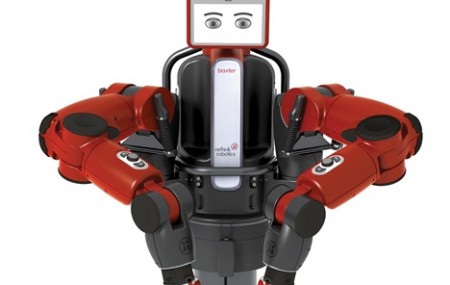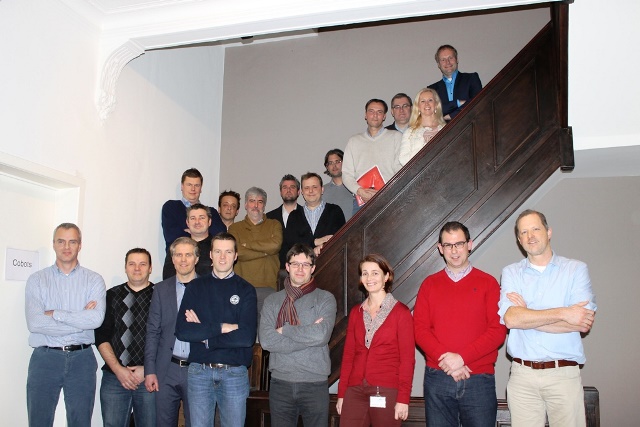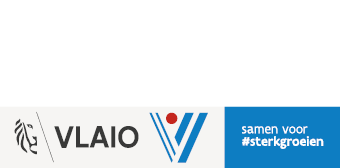Collaborative robots
In the future, many workers will carry out their jobs with a human-sized robot by their side. These kind of robots, which can work with people faultlessly, are also called ‘cobots’: collaborative robots.
These robots can easily be taught tasks so that they can be deployed simply and quickly, at a low investment cost. Through the ‘Cobots in Logistics’ project, VIL aims to enable the logistics sector to acquire knowledge and practical experience of the possibilities of these flexible service robots.
The structural wage handicap impacts on the productivity of logistical warehouse operations in Flanders. For a number of activities with low added value, the (more expensive) workforce could be replaced by (cheaper) robots.
This would reduce total operating costs, so that logistical activities can remain anchored in Flanders, which could even create additional employment. But robotics doesn’t just offer the possibility of optimizing costs – it can also assist with difficult or heavy activities and reduce the error rate for repetitive tasks.
What is the current state-of-the-art for cobots? What are the possible applications in logistics? What is the business case? What about practical applications and simulation? This project will provide an answer to all of these questions in a very practical way. In conjunction with Sirris, cobots will be tested in a series of pilots.

















